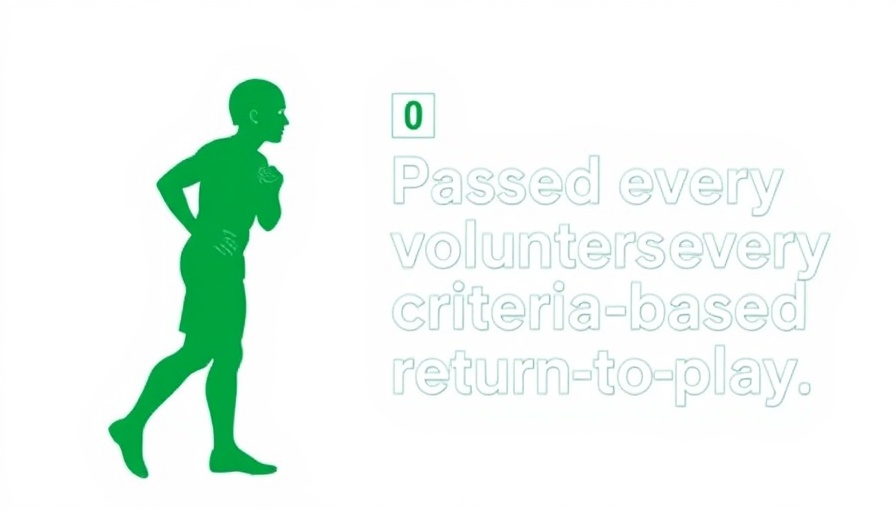
Understanding the Alarming Case of Tuberculosis in ICE Facilities
Recent events have shed light on a troubling situation involving healthcare within U.S. Immigration and Customs Enforcement (ICE) detention centers. A Peruvian man, who began seeking asylum, found himself battling tuberculosis after being held in an Alaska facility for weeks. This case raises serious concerns about the screening and health management of detainees in facilities often criticized for inadequate medical care.
The Journey of a Detainee
The man was detained at Cook Inlet Pretrial Facility from June 8 to June 30 after being transported from Tacoma, Washington, as part of an overcrowding measure. Legal representatives, like attorney Sean Quirk, struggled to contact their clients during detention, illustrating the communication barriers that many detainees face. Quirk was only alerted to the detainee’s hospitalization when he was absent for a scheduled virtual hearing, raising questions about the lack of timely information regarding medical emergencies within these facilities.
Ignored Healthcare Needs in Detention Centers
The state corrections officials claim that detainees were screened for diseases; however, the occurrence of tuberculosis raises flags about the adequacy of these checks. In many instances, detainees like this man may not receive proper medical attention until it becomes critical, highlighting a systemic issue with how healthcare is managed in detention settings. If a serious illness like tuberculosis can go unnoticed for weeks, what other health issues are being overlooked?
Human Stories Behind the Statistics
Yardsticks like infection rates indicate the health of a facility, but every statistic represents a human story. This man, seeking a better life free from violence and persecution, now finds himself in a healthcare crisis partly due to his detention. Patient-centered approaches call for a need to not only seek treatment but also advocate for individual healthcare rights regardless of legal status. Concierge medical practices may take note—economic factors and regulatory policies aside, they have the opportunity to forge deep connections with patients, prioritizing their health above all.
The Importance of Compassionate Care in Healthcare
This unfortunate situation is a stark reminder for all healthcare providers, including those in concierge medicine, to focus on compassionate care. As practitioners, we have a duty to provide not only treatment but also emotional support and understanding to our patients. When individuals feel empowered and cared for, it can significantly impact their recovery and overall well-being.
The Role of Law and Policy in Patient Care
The intersection of law and healthcare is complex. The detention of individuals based on immigration status and their subsequent treatment in custodial care raises significant ethical questions. Legislative measures and reforms may be necessary to ensure that detainees receive adequate medical treatment, protecting not just their legal rights but their basic human rights as well.
How Can Healthcare Providers Advocate for Change?
Healthcare providers are uniquely positioned to advocate for policy reforms in their communities. By understanding the challenges faced by vulnerable populations within our healthcare system, providers can create initiatives that aim at improving conditions in detention facilities. Collaborating with local organizations and legislative bodies can be pivotal in pushing for changes that enhance patient care and protect patients’ rights.
As a part of the medical community, being informed is crucial. It's imperative to create a dialogue about these issues in a way that humanizes the statistics. Every patient deserves a voice, and healthcare professionals are obligated to uplift those marginalized in our systems.
Call to Action: As you reflect on how this case resonates with your concierge practice, consider how you can enhance patient engagement and advocate for vulnerable populations within your community. Your voice can contribute to creating systemic change and compassion in our healthcare landscape.
 Add Row
Add Row  Add
Add 






Write A Comment